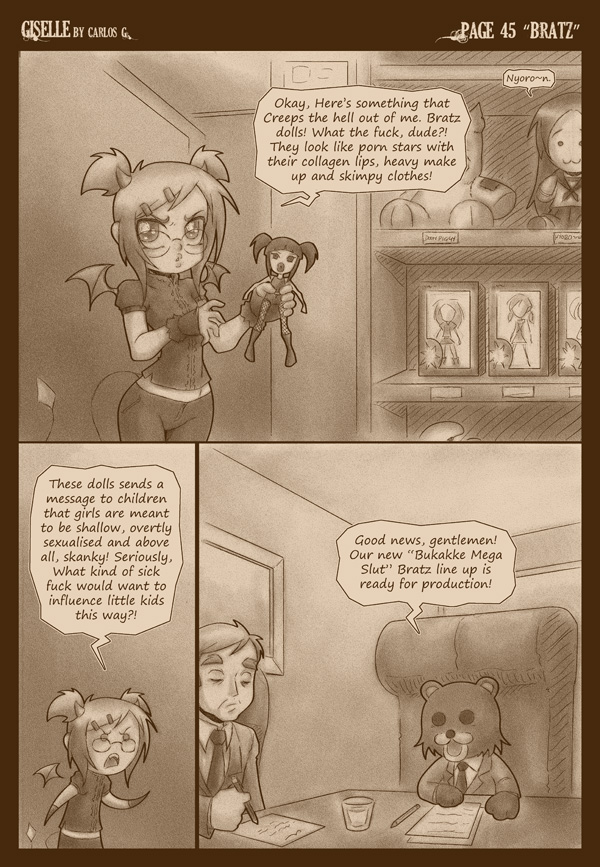- Thread starter
- #121
I did , nothing needed to be added .You just don't understand what happened.The ummah was small and its members were familiar with each other - they would not be mistaken for slaves by other Muslims.More likely they would be muslims
Slavery was prevalent long before the advent of Nabi (Sallallaahu Alayhi Wasallam) and Nabi (Sallallaahu Alayhi Wasallam) left it to exist even after his attaining prophethood. But Nabi (Sallallaahu Alayhi Wasallam) adopted many schemes to abolish it e.g. continuously encouraging the Sahabah (Radhiallaahu Anhu) to free the slaves and also laying down many conditions for possessing one.
And what is it that you find wrong with this?
QFP
unbelievable.


